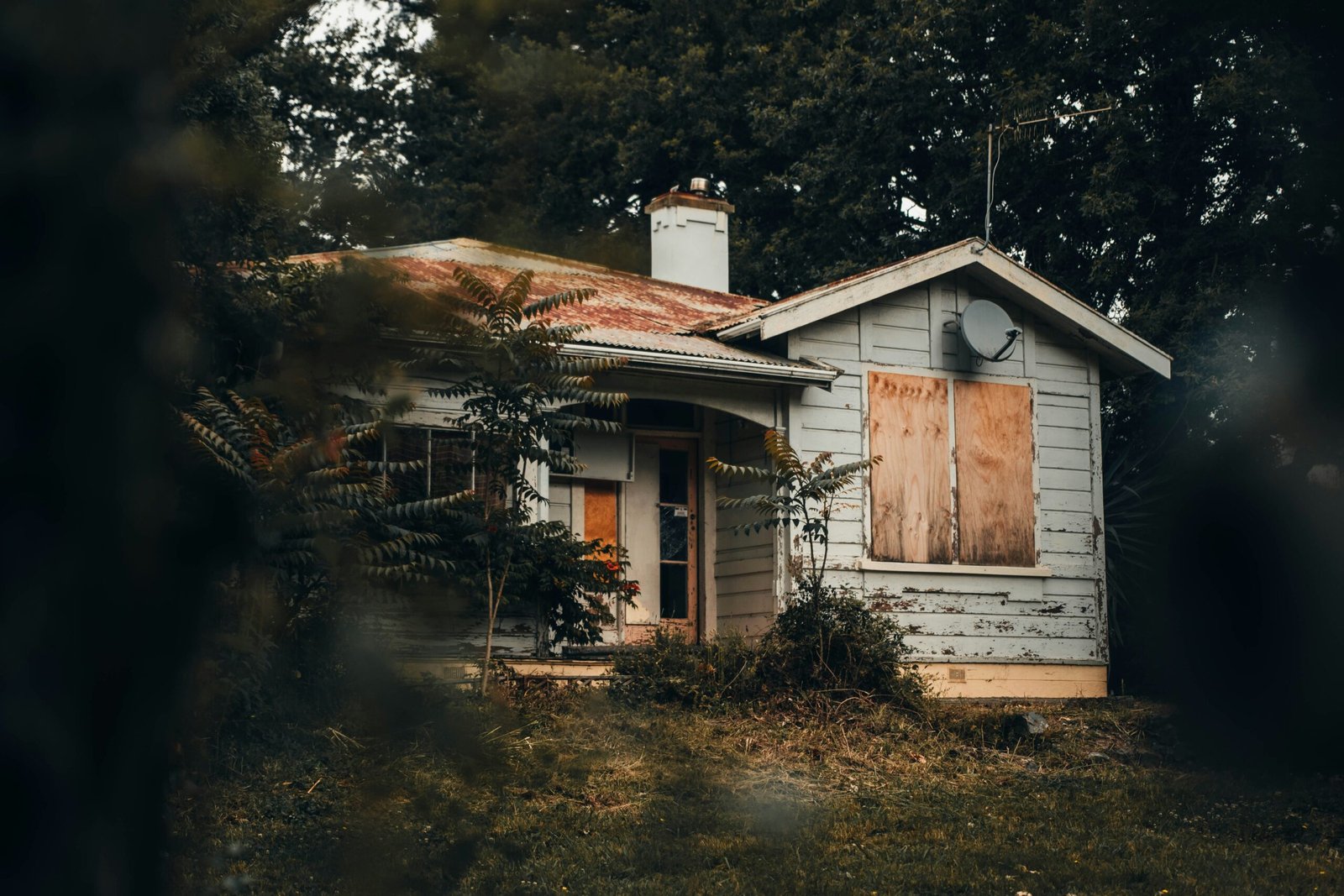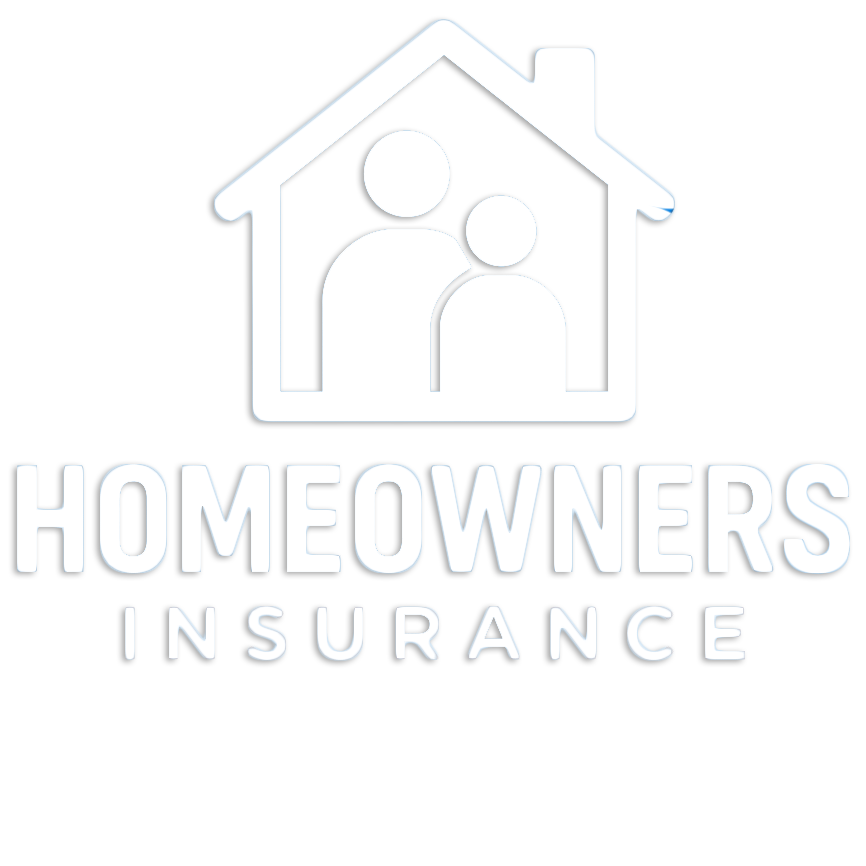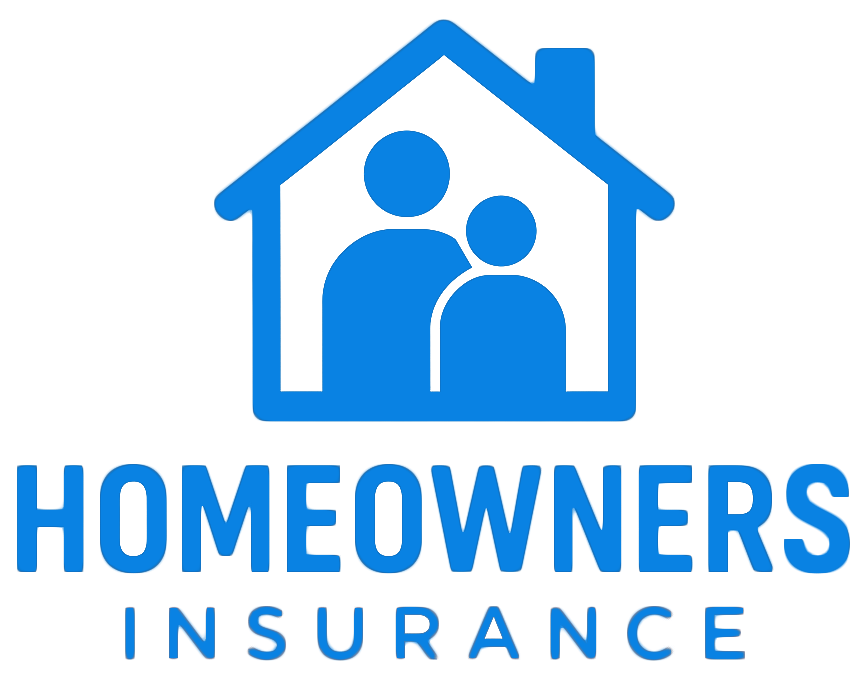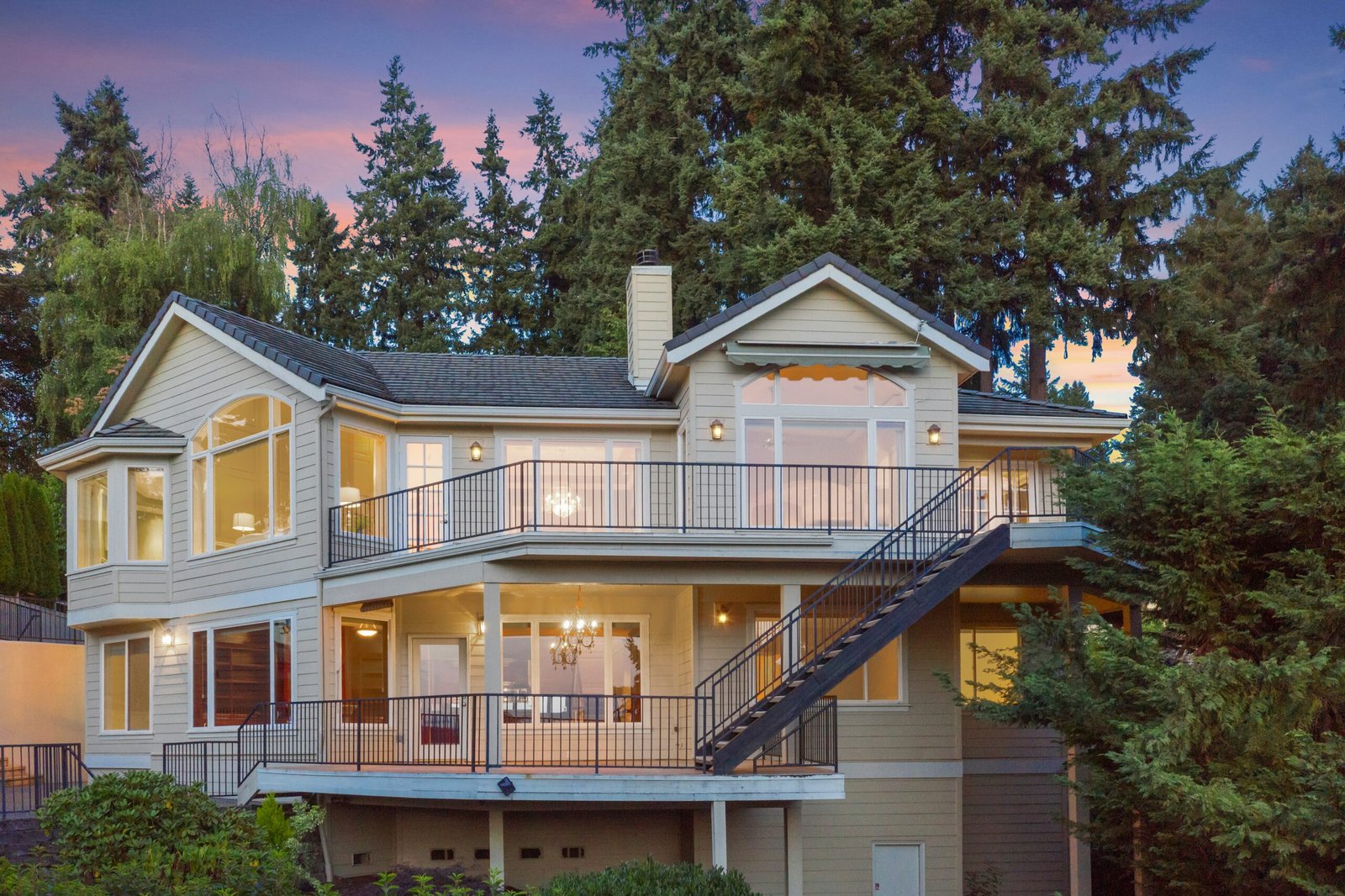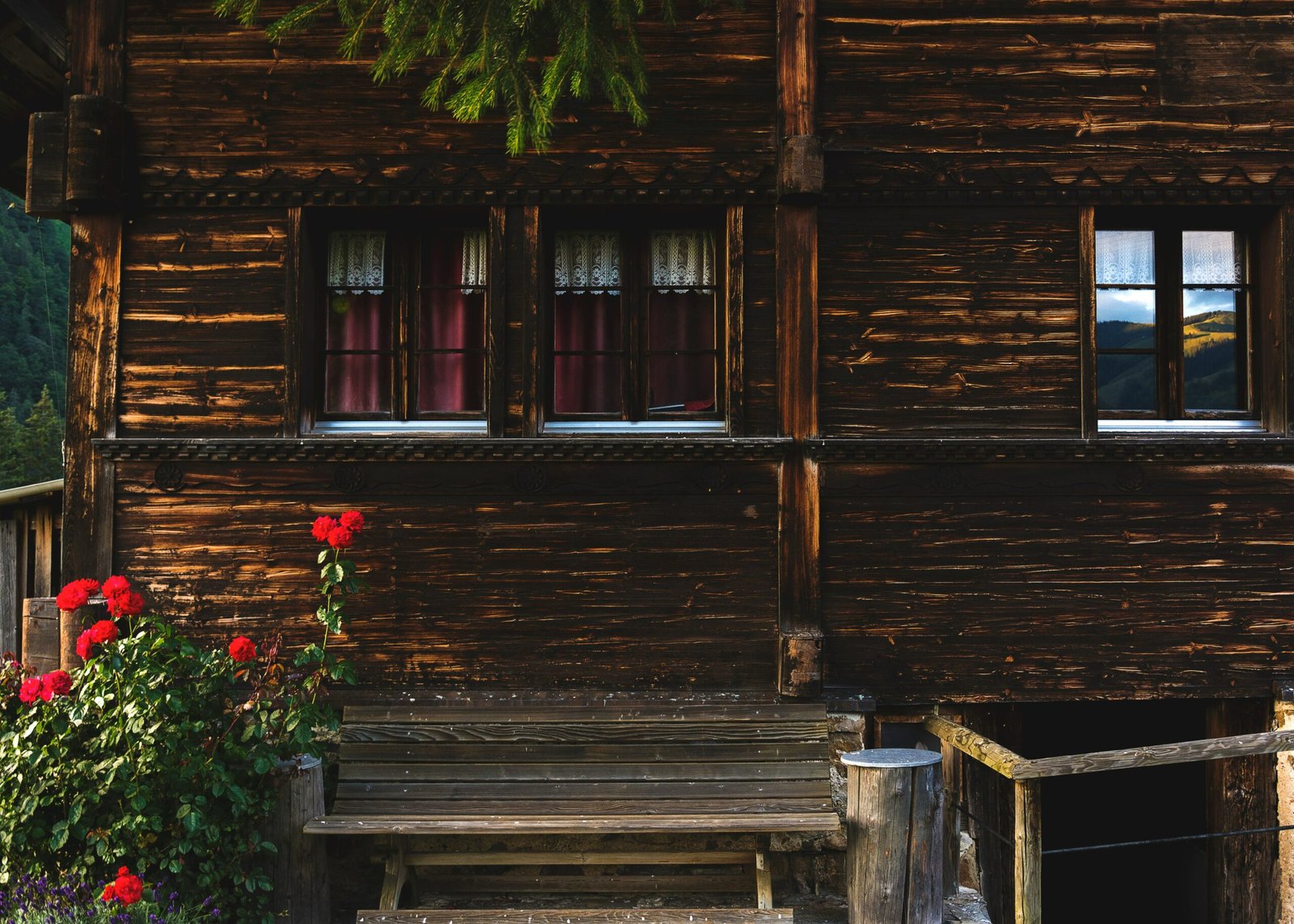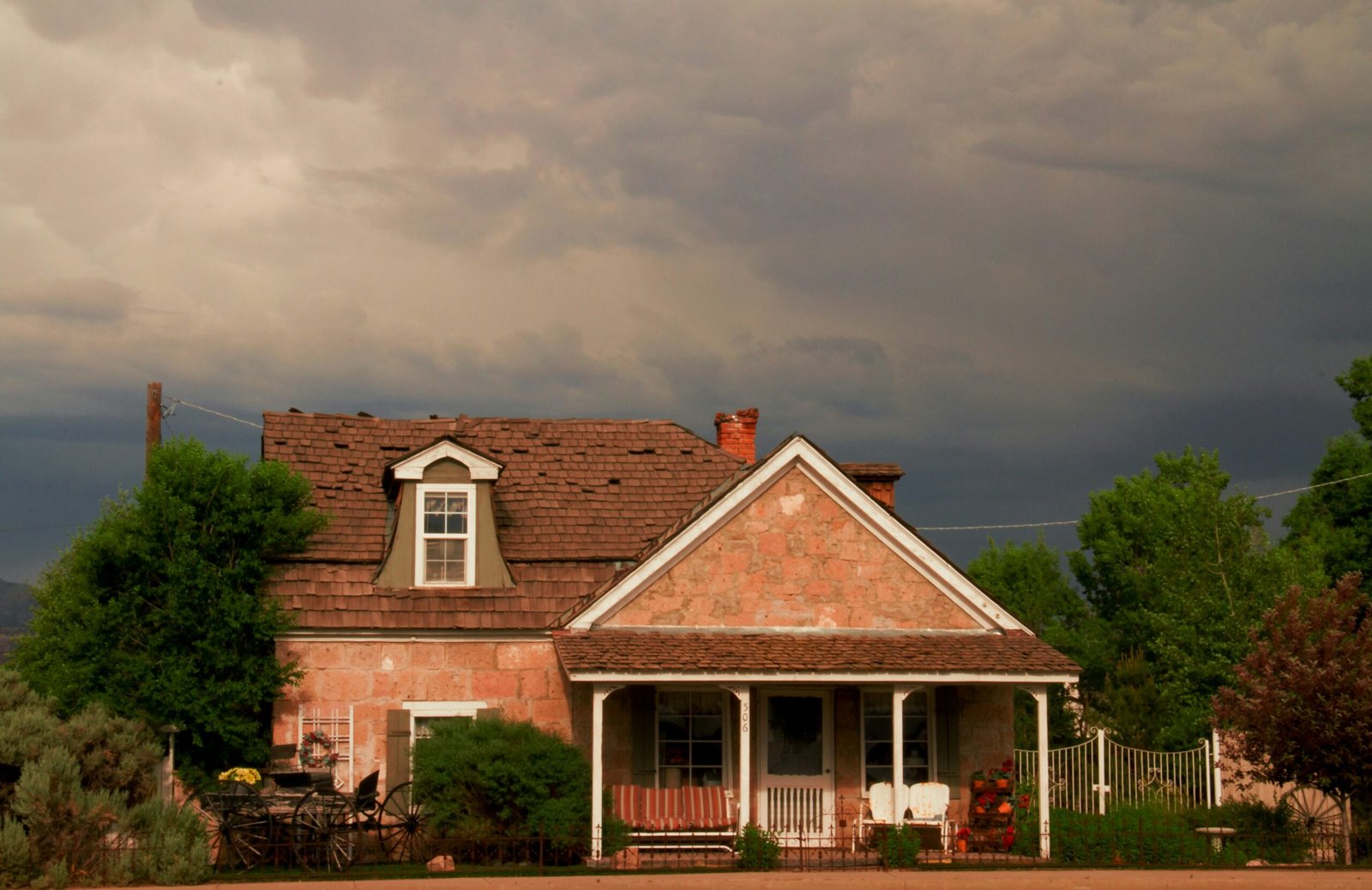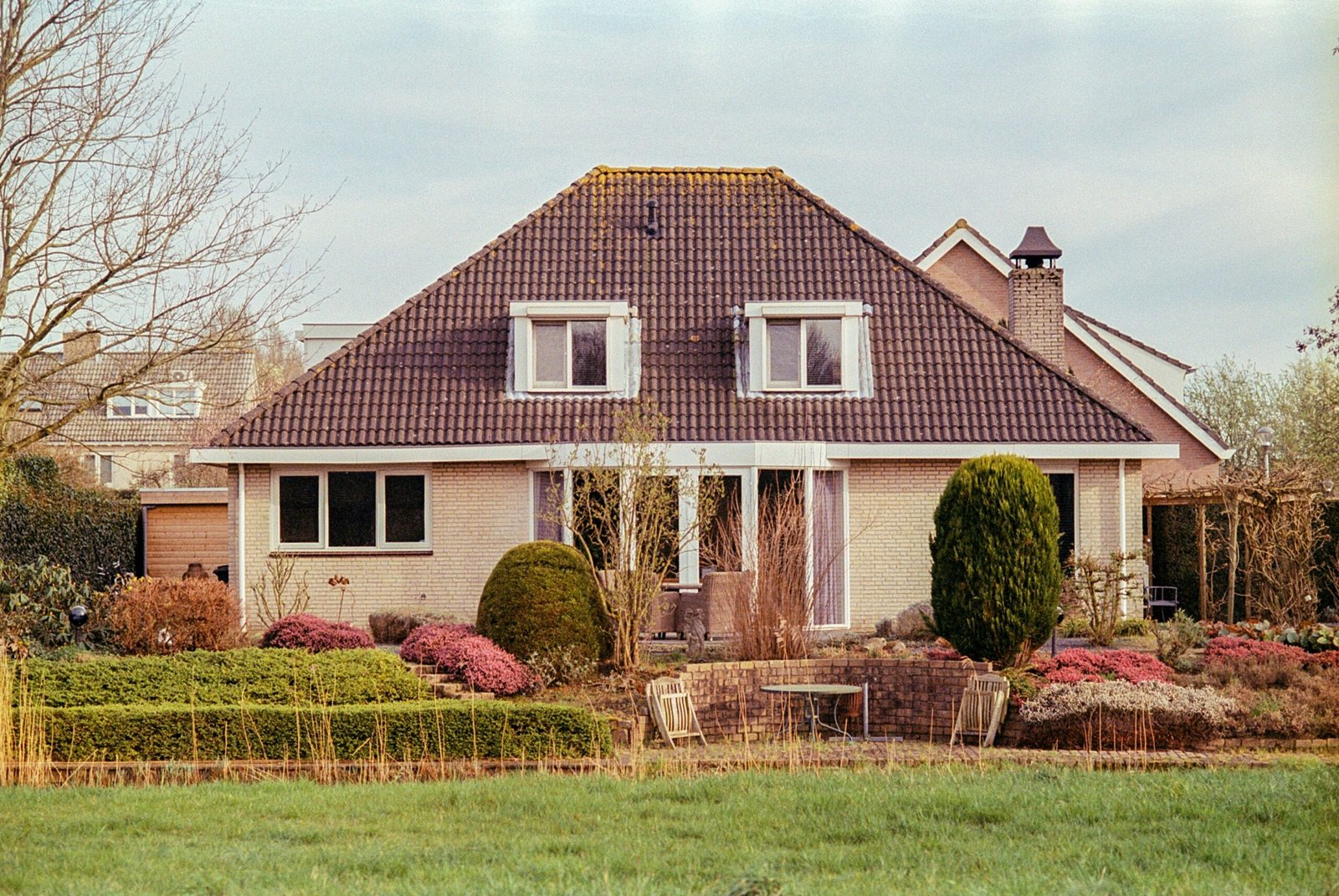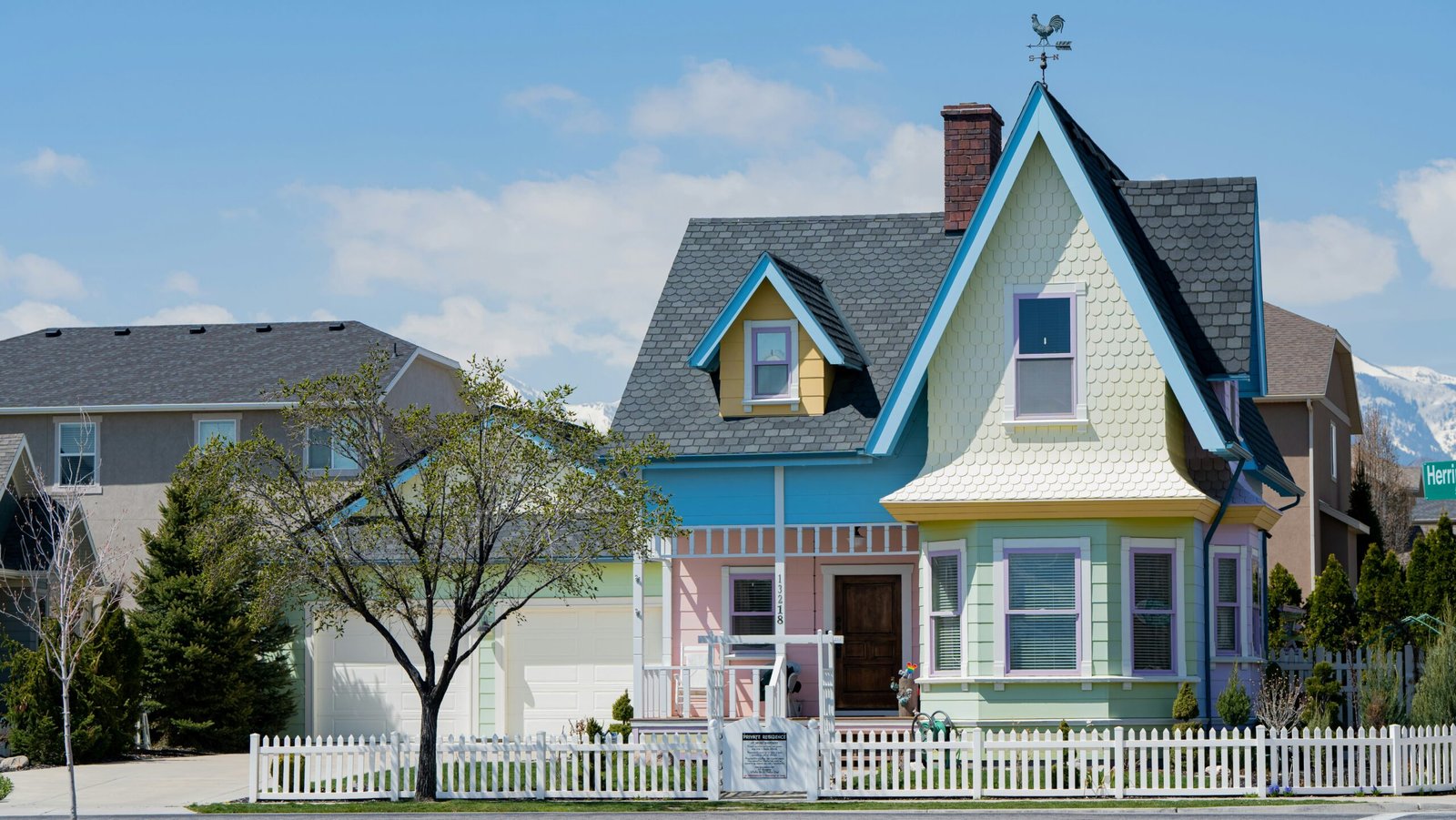Owning rental property can be a profitable long-term investment—but with that opportunity comes significant responsibility. From unexpected repairs to tenant-related liabilities, landlords face a unique set of risks that typical homeowner policies don’t cover.
That’s where landlord property insurance (sometimes called dwelling insurance) steps in. Whether you own a single rental unit or several, here's what landlords need to know to protect their property, income, and peace of mind.
What Is Property Insurance for Landlords?
Unlike standard homeowner insurance designed for owner-occupied homes, landlord insurance is tailored for non-owner-occupied properties. It provides coverage for the structure, certain personal property (like appliances), and liability risks associated with having tenants.
What Does Landlord Property Insurance Typically Cover?
A good landlord insurance policy includes the following:
Dwelling protection: Covers damage to the structure caused by events like fire, storm, vandalism, or burst pipes.
Loss of rental income: Reimburses you for lost rent if your property becomes uninhabitable due to a covered loss.
Landlord liability: Covers legal and medical expenses if a tenant or visitor is injured due to your negligence (e.g., unsafe stairwell).
Optional add-ons: Sewer or drain backup, appliance breakdown, and landlord furnishings coverage.
And don’t overlook Sewer Backup Coverage Repairs—an often underappreciated but essential add-on. Backups caused by heavy rains, tree roots, or aging sewer systems can damage flooring, walls, and tenant belongings. Without this endorsement, those costs typically fall on you.
Why Sewer Backup Coverage Repairs Matter
Rental properties are frequently vacant between tenants, which means undetected sewer backups can cause major damage before they're noticed. Additionally, tenants may not report minor drainage issues until they become severe.
With Sewer Backup Coverage Repairs, you can recover costs associated with:
Water and sewage removal
Sanitation and mold prevention
Repairs to drywall, flooring, and cabinetry
Temporary housing for displaced tenants
This is especially important for multi-unit or basement-level rentals. One backup can affect multiple units—and your rental income.
Do You Need General Liability Insurance Too?
Yes—especially if you own multiple units or short-term rentals. While landlord policies include basic liability protection, many property owners opt to expand their coverage with General Liability insurance. This broader coverage helps protect you from:
Legal claims arising outside the structure (like slip-and-falls in the parking lot)
Accidental damage caused by maintenance contractors
Libel or wrongful eviction lawsuits
To fully protect your real estate business, combining landlord and general liability insurance is often the smartest route.
Tips for Landlords Shopping for Property Insurance
To get the most value out of your landlord policy, keep these tips in mind:
Accurately assess rebuild costs: Make sure your coverage reflects the actual cost to repair or rebuild the property—not just its market value.
Require renter’s insurance: Encourage or require tenants to carry renters insurance to protect their personal belongings.
Review your deductible: A higher deductible can lower your premiums but be sure it’s still affordable in an emergency.
Bundle and save: If you own several properties or already have home or auto insurance, bundling can lead to discounts.
Evaluate seasonal risks: Properties in flood zones or winter-prone areas may need additional protection like Sewer Backup Coverage Repairs or frozen pipe coverage.
For detailed help and coverage options tailored to rental property owners, visit our home insurance service page.
Final Thoughts
Being a landlord isn’t just about collecting rent—it’s about protecting your property, your tenants, and your financial future. From structural damage to lawsuits and unexpected sewage backups, the risks are real—and insurance is your first line of defense.
Make sure your policy includes the right protections, especially Sewer Backup Coverage Repairs, and consider additional options like general liability insurance for maximum peace of mind.
